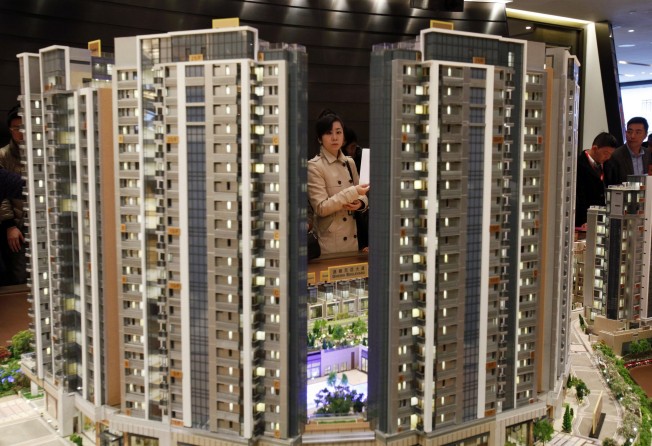Easy money policies a boon for Hong Kong real estate sector
Experts say money generated by loose policies usually goes into perceived secure markets or riskier assets for opportunistic returns

With excess investment dollars being generated by loose economic policies by the major central banks, global investors are looking for places to park their money.
For real estate specifically, investor demand tends to be polarised, according to property consultants.
"They are focusing either on perceived safe markets with defensive characteristics or seek to target higher, more opportunistic returns via investment in riskier assets," said David Raven, regional director, Asia Pacific capital markets at JLL Hong Kong.
Considered as a safe market, Hong Kong would benefit and see an increase in activity and upward price pressure after a dull 2013, he said.
"Prime Hong Kong real estate is considered defensive and safe. The economy is stable, there is strong governance and rule of law, the current interest-rate environment makes it possible for investors to achieve immediate positive returns and yet the market benefits from China's strong growth drivers," he said.
Meanwhile, there is a tight supply of land and commercial property in the city. "All of this puts upward pricing pressure on the market," said Raven.
However, Dennis Fung, the head of Asia-Pacific forecasting at DTZ, reckons the rebound cannot be taken as an early signal of market revival.
Activity was largely supported by Citi Group's HK$5.42 billion purchase of a large office building in Kowloon East.
Over the past 18 months in which price increases in Hong Kong have remained relatively subdued, other global markets such as London, New York, San Francisco, Sydney and Tokyo have moved at a quicker pace.
"This could lead to some investors writing a credible investment plan towards investing in Hong Kong," said Raven.
According to JLL, investment activity of commercial real estate globally saw volumes up 28 per cent to US$297 billion in the first half when compared with the same period in 2013. US and Europe have continued to see strong growth in transactional volumes over the first half, with gains of 44 per cent and 37 per cent respectively.
In Hong Kong, its transaction activity in the second quarter rebounded 46 per cent year on year to US$2.2 billion. This is the highest volume since the first quarter of 2013, when the government implemented double stamp duty to curb speculative investment, according to DTZ.
"Whilst they do not like it, buyers have adapted to the governments' cooling measures and the market is now acting more normally albeit with higher 'friction' costs between trades. This has and will continue to limit liquidity. However, importantly, it hasn't killed it," said Raven.
As all investors become frustratingly familiar with additional costs, the trading of assets will return and investment volumes will increase, he said.
But he warned that most of these markets including Hong Kong have been driven by the weight of money targeting the sector and not necessarily the old fundamentals of expected future growth. "When global economic policy returns to some form of long-term normal trend, some of the yields people have been accepting in these global cities will appear challenging," he said.